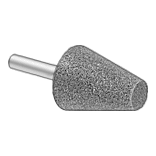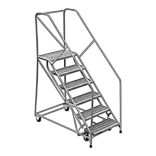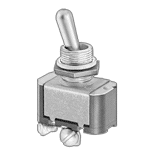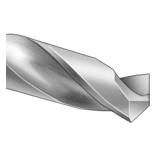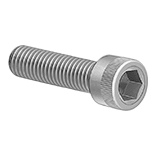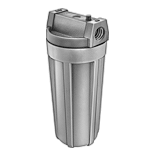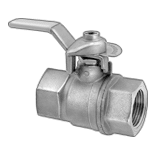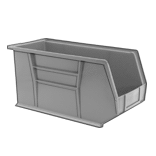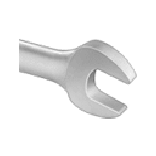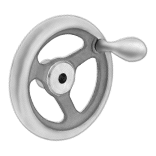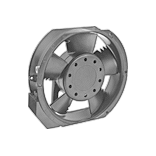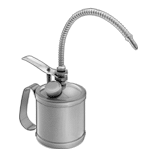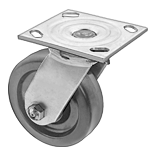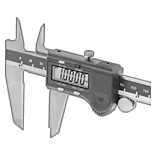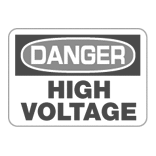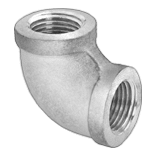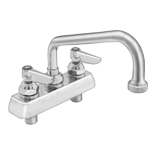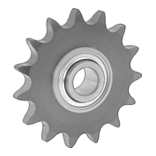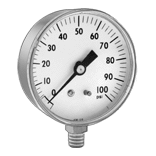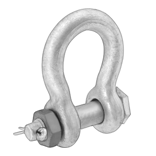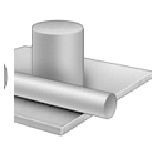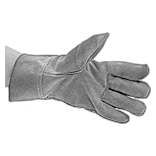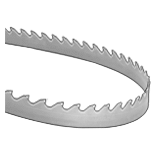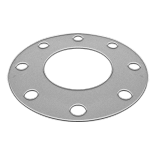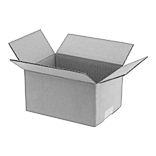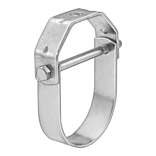Filter by
System of Measurement
Drill Bit Size
Bit Style
DFARS Specialty Metals
Decimal Size Equivalent
Material
Export Control Classification Number (ECCN)
Sold As
Performance
Thread Size
Flute Direction
For Drilling Type
Specifications Met
Component
About Drill Bits
Compare material, finish, length class, and decimal size equivalents.
Fast-Cutting Smooth-Finish Drill Bits for Wood
Rebar-Cutting Core Drill Bits for Concrete
Threaded-Hub Shank for Rotary Only Drilling
Drill Bit Size | Decimal Size Equiv. | Overall Lg. | Max. Drilling Dp. | Shank Size | Thread Size | Bit ID | Each | ||||||||||||||||||||||||||||||||||||||||||||||||||||||||||||||||||||||||||||||||||||||||||||
|---|---|---|---|---|---|---|---|---|---|---|---|---|---|---|---|---|---|---|---|---|---|---|---|---|---|---|---|---|---|---|---|---|---|---|---|---|---|---|---|---|---|---|---|---|---|---|---|---|---|---|---|---|---|---|---|---|---|---|---|---|---|---|---|---|---|---|---|---|---|---|---|---|---|---|---|---|---|---|---|---|---|---|---|---|---|---|---|---|---|---|---|---|---|---|---|---|---|---|---|
Diamond Coated | |||||||||||||||||||||||||||||||||||||||||||||||||||||||||||||||||||||||||||||||||||||||||||||||||||
Standard Point | |||||||||||||||||||||||||||||||||||||||||||||||||||||||||||||||||||||||||||||||||||||||||||||||||||
| 3" | 3" | 16 7/16" | 14.5" | 3" | 1 1/4"-7 | 2 3/4" | 0000000 | 0000000 | |||||||||||||||||||||||||||||||||||||||||||||||||||||||||||||||||||||||||||||||||||||||||||
Changeable-Size Carbide-Tipped Core Drill Bits for Masonry and Concrete
SDS-Max Shank for Hammer and Rotary Drilling
 | |
SDS-Max Shank |
Drill Bit Size | Decimal Size Equiv. | Overall Lg. | Max. Drilling Dp. | Specs. Met | Includes | Each | |||||||||||||||||||||||||||||||||||||||||||||||||||||||||||||||||||||||||||||||||||||||||||||
|---|---|---|---|---|---|---|---|---|---|---|---|---|---|---|---|---|---|---|---|---|---|---|---|---|---|---|---|---|---|---|---|---|---|---|---|---|---|---|---|---|---|---|---|---|---|---|---|---|---|---|---|---|---|---|---|---|---|---|---|---|---|---|---|---|---|---|---|---|---|---|---|---|---|---|---|---|---|---|---|---|---|---|---|---|---|---|---|---|---|---|---|---|---|---|---|---|---|---|---|
Uncoated | |||||||||||||||||||||||||||||||||||||||||||||||||||||||||||||||||||||||||||||||||||||||||||||||||||
Standard Point | |||||||||||||||||||||||||||||||||||||||||||||||||||||||||||||||||||||||||||||||||||||||||||||||||||
| 3" | 3" | 17" | 12" | ANSI B212.15 | Pilot Drill | 00000000 | 0000000 | ||||||||||||||||||||||||||||||||||||||||||||||||||||||||||||||||||||||||||||||||||||||||||||
Spline Shank for Hammer and Rotary Drilling
 | |
Spline Shank |
Drill Bit Size | Decimal Size Equiv. | Overall Lg. | Max. Drilling Dp. | Specs. Met | Includes | Each | |||||||||||||||||||||||||||||||||||||||||||||||||||||||||||||||||||||||||||||||||||||||||||||
|---|---|---|---|---|---|---|---|---|---|---|---|---|---|---|---|---|---|---|---|---|---|---|---|---|---|---|---|---|---|---|---|---|---|---|---|---|---|---|---|---|---|---|---|---|---|---|---|---|---|---|---|---|---|---|---|---|---|---|---|---|---|---|---|---|---|---|---|---|---|---|---|---|---|---|---|---|---|---|---|---|---|---|---|---|---|---|---|---|---|---|---|---|---|---|---|---|---|---|---|
Uncoated | |||||||||||||||||||||||||||||||||||||||||||||||||||||||||||||||||||||||||||||||||||||||||||||||||||
Standard Point | |||||||||||||||||||||||||||||||||||||||||||||||||||||||||||||||||||||||||||||||||||||||||||||||||||
| 3" | 3" | 17" | 12" | ANSI B212.15 | Pilot Drill | 00000000 | 0000000 | ||||||||||||||||||||||||||||||||||||||||||||||||||||||||||||||||||||||||||||||||||||||||||||
